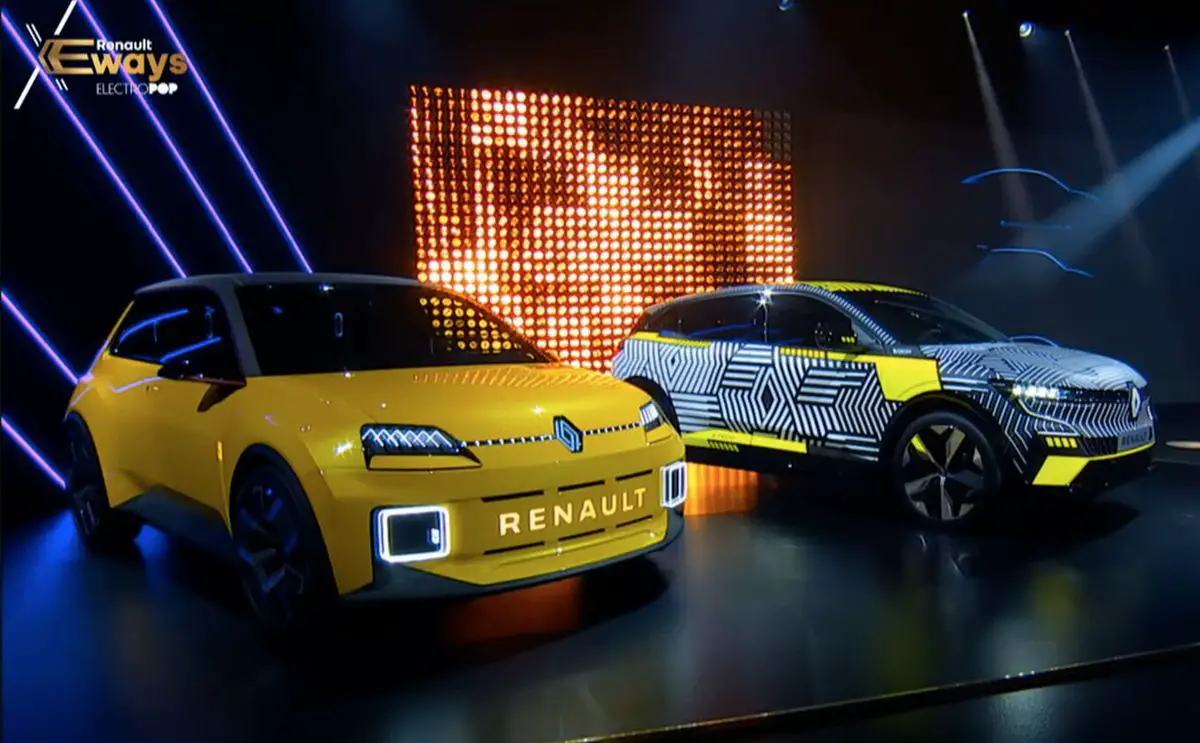Due to the current semiconductor manufacturing problems, automakers are trying to armor themselves against a dark near-future. During the last few months, Toyota, General Motors, BMW, and the Stellantis group among several other automakers have stated their concern about the severe shortage of integrated circuits. They are finding that the amount of chips they have access to is insufficient to meet their planned manufacturing volume, necessitating a significant reduction in production.
The new deal between Renault and Qualcomm carries importance regarding these matters.
Looking at the automobile manufacturing over the past two decades, electronic components have gotten considerably more essential than they were previously, and this rise in demand for semiconductors from automakers has been supported. Furthermore, there is no indication that this trend will reverse. In fact, as a society, we have already made the switch to an electric vehicle fleet and are now developing autonomous driving; therefore, the vehicles of the future will require even more wholly integrated microprocessors.
With this in mind, automobile manufacturers are doing what you would expect them to do: they’re scrambling to fortify themselves in order to acquire the semiconductors they’ll need to fulfill their demands. The danger is that, in a market where all brands are in the same position, some of them have tightened their relationships with chip producers and even formed new partnerships with certain of them in anticipation of the fact that their reliance on chips is set to rise.
Qualcomm announced a deal with Renault

This is a win-win situation on all fronts. Qualcomm has worked hard for several years to establish itself in the automobile business, and it’s done so successfully. One approach to do this is to persuade automobile manufacturers that their integrated circuits will fit in their vehicles. On the other hand, as we have just seen, it is in their best interests to make firm commitments to designers and semiconductor manufacturers so they may obtain the chips they need.
Qualcomm announced an agreement with Renault to provide the chips that the French carmaker will utilize in some of its future electric vehicles. The moment they’ve chosen to make their relationship public isn’t arbitrary, however. Renault has just introduced its new Mégane E-Tech, a 100 percent electric sedan that utilizes Qualcomm integrated circuits to power the software behind its infotainment system.
It’s likely that in the following months, more partnerships between automobile and semiconductor manufacturers will form, attempting to strengthen a connection that may help them overcome the integrated circuit crisis. However, it is unclear how beneficial the agreement reached between Qualcomm and Renault will be for both firms.
Qualcomm creates chips, but it does not manufacture them. The bulk are produced by TSMC. The bottleneck is in the semiconductor manufacturers, especially because a corporation as solid in the integrated circuits market as Qualcomm would undoubtedly benefit Renault in today’s unstable environment.





